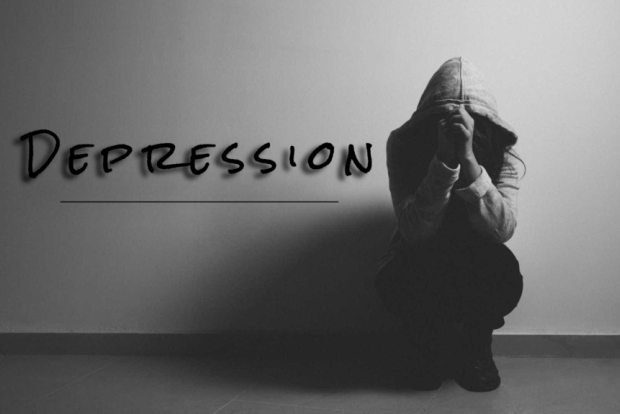Mental Health Awareness-Depression

BY ESTHER MUTURI
Depression is a chronic feeling of emptiness, sadness, or inability to feel pleasure that may appear to happen for no clear reason. It is distinct from grief and other emotions.
There are various mental health disorders that are either mental, behavioral, or emotional and may include; Depression, anxiety, bipolar disorders, personality disorders like schizophrenia, traumas, eating disorders, and substance-use disorders.
According to World Health Organization, depression is the leading cause of disability worldwide.
Depression can undermine a person’s relationships, make working and maintaining good health very difficult, and in severe cases, may lead to suicide. It can affect adults, adolescents, and children.
While there is no cure for depression, there are effective treatments that help with recovery. The earlier that treatment starts, the more successful it may be. Some people may never experience depression again after a single period of it. Others will continue to have relapses.
The term depression began to appear in the nineteenth century by a German psychiatrist, Emil Kraeplin who began referring to it as a “depressive state” due to the low mood that defines it.
Depression can cause a range of psychological and physical symptoms including; Persistent depressed mood, loss of interest or pleasure in hobbies and activities, Changes in appetite and body weight, unusually slow or agitated movement, decreased energy or fatigue, difficulty sleeping or oversleeping, excessive feelings of guilt or worthlessness, difficulty concentrating or making decisions and thoughts of death and suicide or even attempts of the same.
Depression is treatable, though the treatment may depend on the exact type a person is living with.
Managing symptoms usually in three components:
Support: This can range from discussing practical solutions and possible causes to educating family members.
Psychotherapy: Also known as talking therapy, some options include one-to-one counseling and cognitive behavioral therapy.
Drug treatment: A doctor may prescribe antidepressants.
Medication: Antidepressants can help treat moderate to severe depression. Several classes of antidepressants are available.
Tags: Who Depression Un Signstv Editor's Pick


